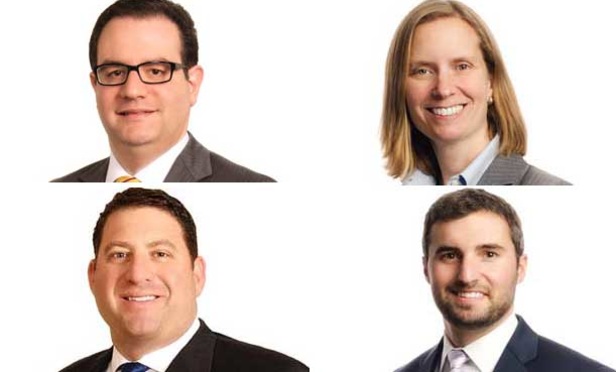In a legislative response to the Delaware Supreme Court’s 2014 opinion in ATP Tour v. Deutscher Tennis Bund, 91 A.3d 554 (2014), a new statute limiting the effect of fee-shifting bylaws became effective on Aug. 1, 2015. It amended Section 109(b) of the Delaware General Corporation Law by prohibiting bylaws “that would impose liability on a stockholder for the attorney fees or expenses of the corporation … in connection with an internal corporate claim.” In a recent decision, Solak v. Sarowitz, C.A. No. 12299-CB (Dec. 27, 2016), Chancellor Andre G. Bouchard rejected an interesting twist on a fee-shifting bylaw, concluding that the bylaw runs afoul of the plain language of Section 109(b).
Paylocity Adopts a Unique Fee-Shifting Bylaw
Most companies that had adopted fee-shifting bylaws in the wake of ATP Tour rescinded them after the General Assembly enacted Section 109(b). At least one company, however—Paylocity Holding Corp.—doubled down. Paylocity adopted a fee-shifting bylaw only after the General Assembly amended Section 109(b) and enacted new Section 115, permitting companies to adopt exclusive forum bylaws. Paylocity joined these new provisions together as a fee-shifting bylaw limited to instances where a stockholder brings or assists in an “internal corporate claim” in a non-Delaware forum, unless the stockholder obtains a judgment on the merits that substantially achieves the full remedy sought. A Paylocity stockholder challenged the bylaw, asserting that it is facially invalid and that the Paylocity board breached its fiduciary duties by enacting it. The company and board moved to dismiss the complaint, asserting that Section 109(b) does not preclude the Paylocity bylaw.



